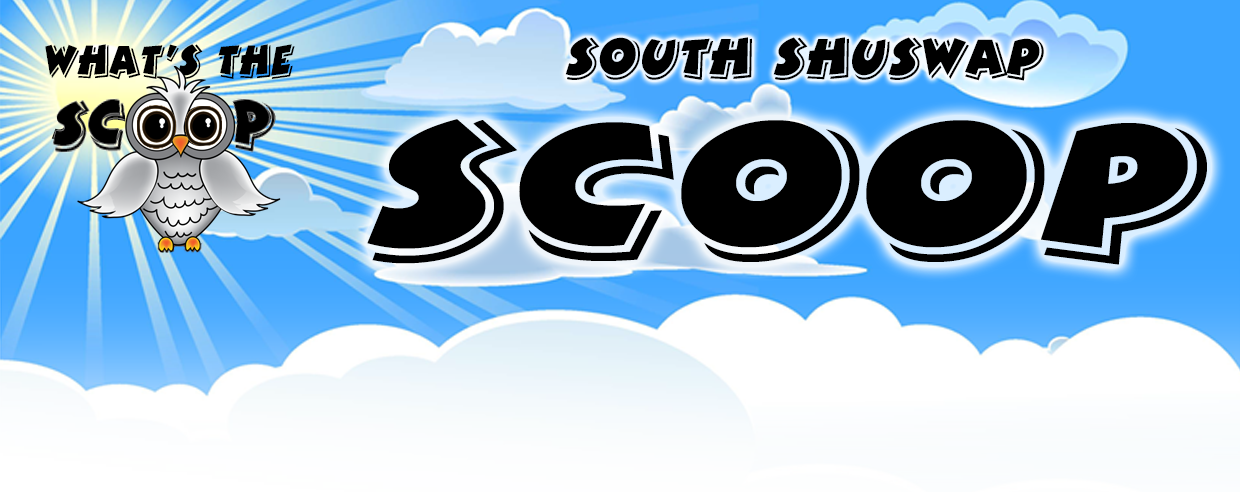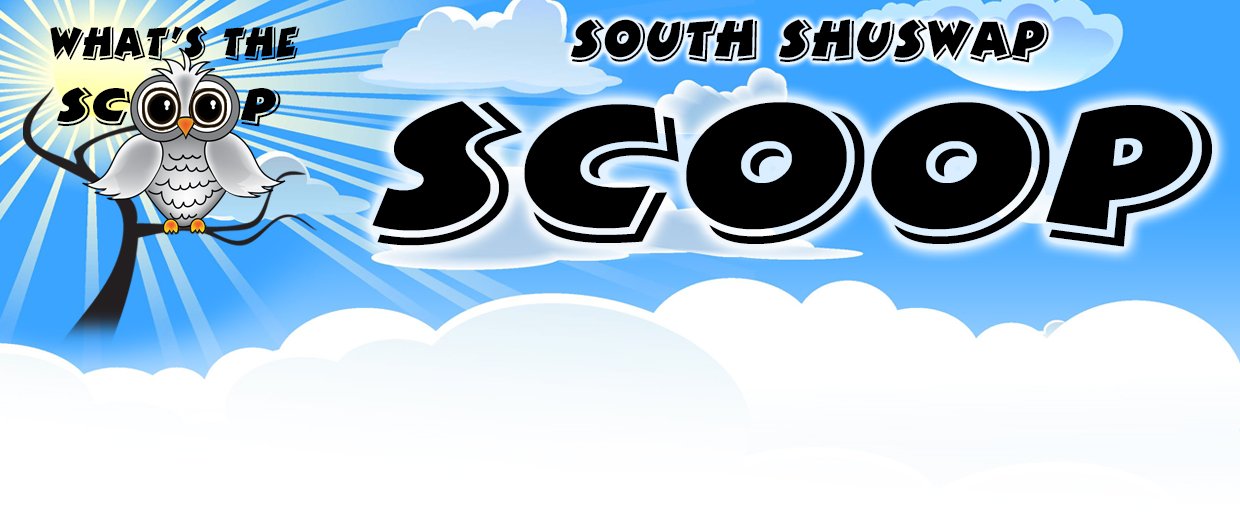Invasive Species Action Month
SWC / CSISS Release
Spring in the Shuswap has many thinking about boating, paddling, and fishing.
The month of May is designated as Invasive Species Action Month, and here in the Shuswap that means it’s time to focus on aquatic invasive species prevention. The increased movement of boats and watercraft into and around the Shuswap means there’s an increased risk of moving aquatic invasive species.
Two invasive species of utmost concern are Zebra and Quagga Mussels (ZQM): small freshwater mussels from Europe that, unfortunately, have invaded waters in North America including the Great Lakes, Manitoba, and many watersheds in the US including as far west as California. Thankfully, ZQM have not invaded lakes in BC or our nearest neighbour Alberta.
Protecting the waterways in BC from invasive mussels is an ongoing effort. The Shuswap Watershed Council (SWC) and Columbia Shuswap Invasive Species Society (CSISS) are working together to educate the public about how to keep invasive mussels out of the Shuswap.
“The problem with zebra and quagga mussels is that they grow and attach to anything below the water’s surface like boat hulls, dock pilings, inside pipes and hydro-electric facilities, and even inside engine compartments,” says Erin Vieira, program manager for the SWC.
Zebra and quagga mussels can also impact water quality and disrupt aquatic food-webs through their filter-feeding and by out-competing native species for food. This puts the lake ecosystem and our drinking water at risk. When the mussels die, their small sharp shells wash up on shorelines and beaches, thus disturbing our enjoyment of water-based activities.
It could take just one infested watercraft launching into the Shuswap to start a new population of invasive mussels and once established, there are no effective means of eliminating them. They reproduce prolifically, leading to massive infestations.
Zebra and quagga mussels grow to about 1 centimeter in diameter. Juvenile mussels are free-swimming and microscopic – impossible to detect with the human eye.
There are prevention measures that boat and watercraft owners need to follow. “Clean, drain, and dry your watercraft every time you move it out of the water. By doing this, you’re greatly eliminating the chance that you’re moving invasive species,” explains Jess Booth, Outreach Coordinator for CSISS.
•After removing it from the water, clean your boat or watercraft to remove mud, plant material, small aquatic life, and other debris
•Drain all compartments onto dry land
•Ensure your watercraft is thoroughly dried before re-launching.
These prevention measures will also slow down the spread of existing invasive species that occur in the Shuswap, including Eurasian water milfoil and invasive freshwater clams.
“Talk to your out-of-province family and friends that plan to travel to the Shuswap with their watercraft,” says Vieira. Travellers entering BC must stop at highway-side watercraft inspection stations, set up at entry-points to BC staffed by the Conservation Officer Service. Watercraft will be inspected and decontaminated, if needed, all free of charge. Failing to stop for inspection carries a heavy fine.
It isn’t only watersport enthusiasts who are asked to be on alert. Aquariums often contain a variety of species - for example, fish, plants, amphibians and molluscs - that are not native to BC. Aquarium contents should never be dumped down drains, into toilets, or released into the environment. Doing so can introduce non-native or invasive species into the environment.
Any suspected transport, possession, or sightings of zebra and quagga mussels should be reported to the Provincial RAPP line at 1-877-952-7277. For more information about bringing a boat or other watercraft into BC, visit the provincial website https://www2.gov.bc.ca/gov/content/invasive-mussels. For more information on zebra and quagga mussels, visit the SWC’s website at www.shuswapwater.ca.



